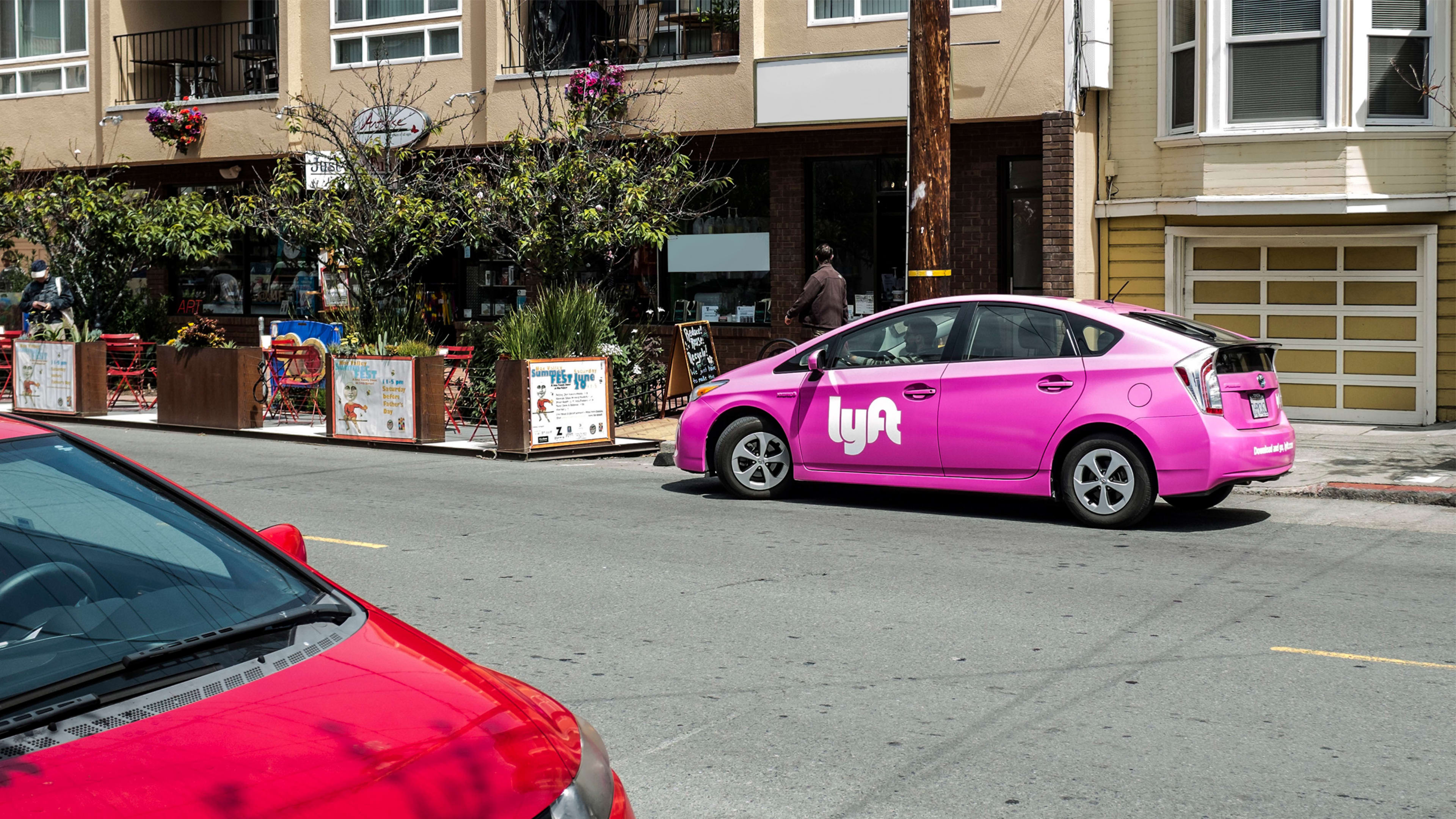Lengthy and costly commutes have long been a scourge for low-income workers. In Ohio, for instance, affordable housing is largely located far from jobs that pay living wages, and Cincinnati residents have to commute at least an hour to reach 90% of workplace locations. Meanwhile, a 2015 study connected longer commutes to smaller chances of upward mobility for low-income families.
This is the backdrop for Lyft’s new initiative, the Jobs Access Program. Part of Wheels For All, which Lyft started about two years ago to provide rides to survivors of hurricanes Harvey and Irma, this new program will specifically aim to help get people to job interviews, trainings, and their first three weeks at a new place of employment. “We made a commitment when we went public to provide $50 million that will go towards sustainability and transportation infrastructure and providing rides to folks in various underserved communities,” says Mike Masserman, Lyft’s head of social impact. “This is an extension of that commitment.”
“There’s so many different types of candidates we’re aiming to help,” says Masserman, who previously worked as the executive director for Export Policy, Promotion, and Strategy under the Obama Administration.”One example is the 18- to 24-year-old person who might be going to their very first job, or doesn’t have a way of getting to their job interview . . . In some cases, folks are taking four different buses to get to work.”
Other targets for Lyft’s Job Access Program are the formerly incarcerated, immigrants, refugees, people with disabilities, and low-income workers or unemployed people living in low-income areas. To find recipients for the program, Lyft has partnered with nonprofit organizations like Year Up and Generation, which focus on young adults entering the workforce, and Upwardly Global, which offers job aid to immigrants and refugees. To help the formerly incarcerated get to work, Lyft is working with The Campaign for the Fair Sentencing of Youth and Dream Corps. Other partners for the Jobs Access Program include the National Down Syndrome Society, Goodwill, the USO, and United Way.
Lyft will provide ride credits—which they can use to either make the rides discounted or completely free—to these nonprofits, and the nonprofits will in turn figure out how to distribute them among their clientele. “We really defer to our nonprofit partners on that,” says Masserman. “They’re the ones that understand their constituency base the best.”
For those who aren’t already involved with one of these nonprofits but still want to seek free or discounted Lyft rides to job interviews, trainings, or their first three weeks at work, they can reach out to United Way via 211. The number is a helpline supported by United Way, which has been working with Lyft since June 2018. By calling the number, people who are interested in the Jobs Access Program can inquire about eligibility (it’s not available everywhere in the country) for the program.
The program doesn’t provide rides indefinitely: those who would normally have to take four buses to get to work will still have to do that after the initial three weeks of rides on Lyft. But the idea is for the program to give riders a way to get on their feet at a new job before returning to the realities of a punishing commute (or perhaps let them have a salary that lets them come up with other options)—and give them the opportunity to apply to hard-to-reach jobs in the first place.
Correction: We’ve updated this article to add more clarity about the 211 service.
Recognize your brand’s excellence by applying to this year’s Brands That Matter Awards before the early-rate deadline, May 3.
